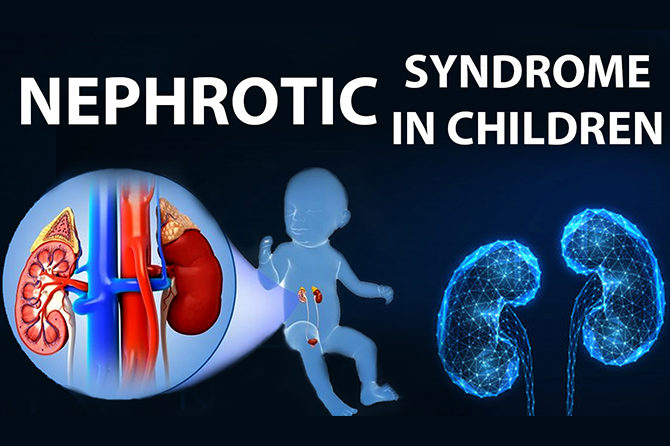Introduction
This paper by Nanayakkara et al. investigates potential genetic factors associated with chronic kidney disease of uncertain etiology (CKDu) in Sri Lanka. CKDu is becoming increasingly prevalent in certain provinces of Sri Lanka, but its exact causes remain unknown. Given familial clustering observed in CKDu patients, the authors hypothesized there may be genetic susceptibility factors. They utilized whole-exome sequencing to identify variants associated with disease risk.
Summary
The authors performed whole-exome sequencing on 8 CKDu cases and 8 controls, followed by targeted genotyping of candidate variants in 301 cases and 276 controls. Several filtering steps were used to identify rare, potentially deleterious variants. Two main findings emerged: 1) a variant (rs34970857) in the KCNA10 gene showed a significant association with CKDu (OR 1.74), and 2) three novel rare variants in the LAMB2 gene were exclusively present in CKDu cases. The authors conclude that genetic factors likely contribute to CKDu risk, possibly including multiple rare variants in this population.
Review
A key strength of this study is the use of next-generation sequencing to survey genetic variation across the exome comprehensively and identify variants that may have been missed by other methods like GWAS. The two-stage study design, beginning with exome sequencing discovery followed by targeted genotyping for replication and association testing in a larger cohort, is also a robust approach. Limitations include the small discovery sample size – additional sequencing on more samples could have helped identify more candidates. The findings now need functional validation to determine the mechanisms by which these variants might influence disease risk. Little information is provided on the enrollment criteria, demographic details, or clinical data on the case and control subjects. More information on patient characteristics would allow better interpretation of results. Finally, some discussion on environmental risk factors and how they might interact with genetic susceptibility is warranted, given this is likely a multifactorial disease.
Overall, this is a well-designed study providing intriguing initial evidence that rare alleles may contribute to genetic susceptibility underlying CKDu risk. The findings set the stage for future research to further evaluate newly identified candidate variants, search for additional rare variants influencing risk, and study how genetic and environmental factors combine to cause this mysterious disease affecting the Sri Lankan population. Functional studies are especially needed to clarify the mechanisms by which variants in potassium channel or laminin genes could impact kidney function and pathology.


